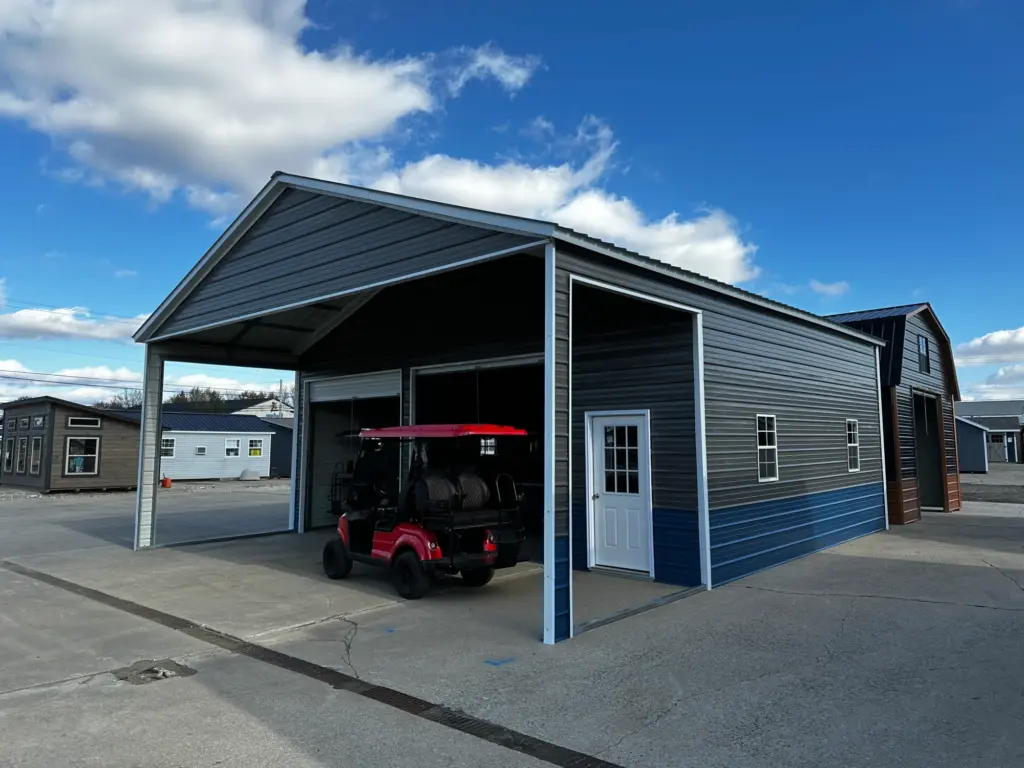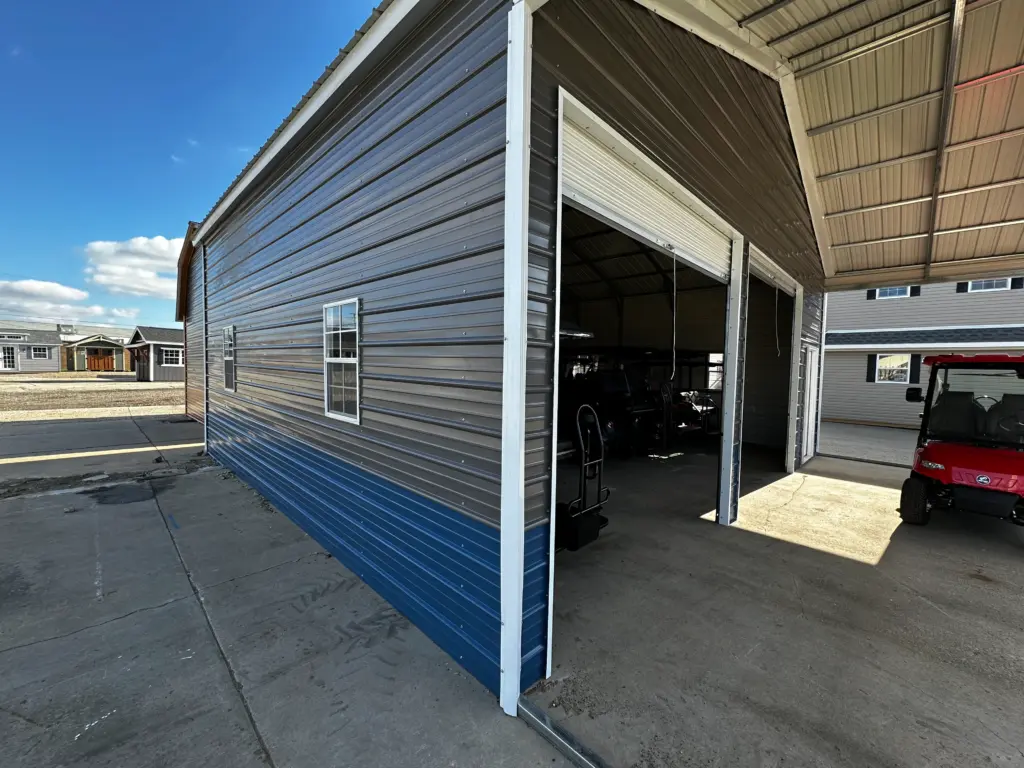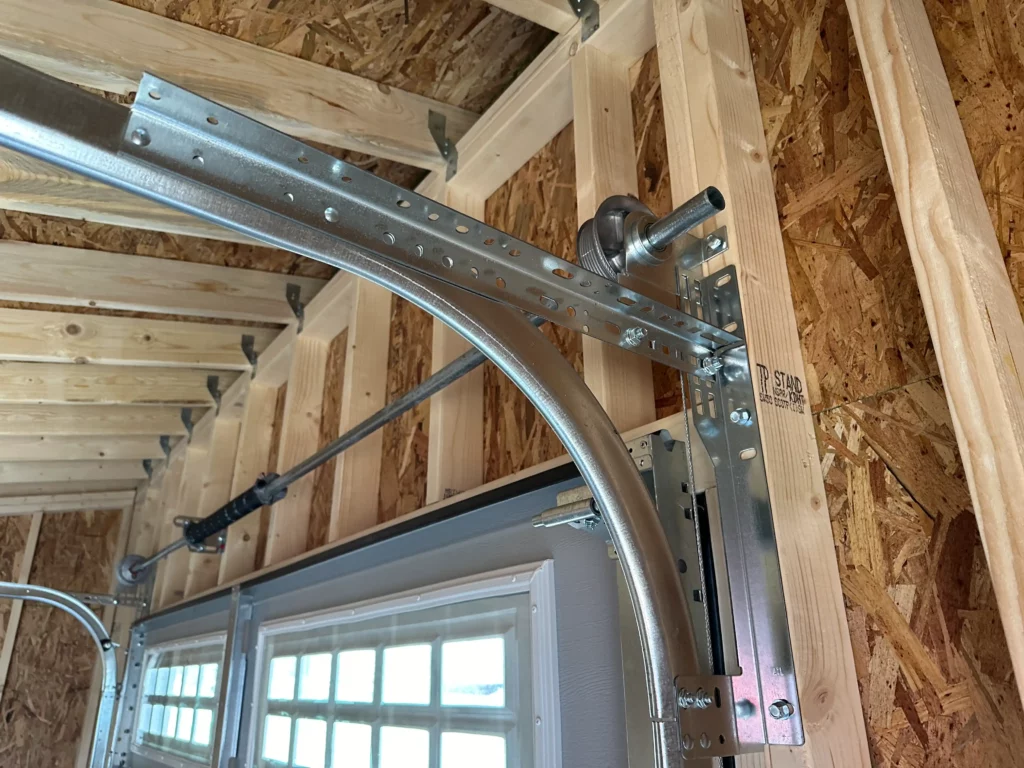Do Metal Carports Require a Permit
Many property owners ask, do metal carports require a permit? The answer depends on local building codes, zoning laws, and the size and location of the structure. Across the United States, permit requirements vary, but most municipalities have clear rules for adding permanent or semi-permanent buildings to a property. Whether you plan to install a small single-vehicle carport or a large covered structure, understanding the regulations before you buy or build can save time, money, and frustration.

Why Permits Matter for Metal Carports
Permits exist to ensure that structures meet safety standards and comply with zoning laws. For metal carports, this means the design must be safe for local wind, snow, and load conditions. Permits also help verify that the carport will not interfere with property lines, easements, or underground utilities. Installing without the proper permit can result in fines, removal orders, or denial of insurance claims if the structure is damaged.
Do Metal Carports Require a Permit in Most Places?
In many U.S. cities and counties, you will need a permit for a metal carport, especially if it is anchored to a foundation or exceeds a certain size. Some jurisdictions only require a permit for structures over 200 square feet, while others require approval for any permanent or semi-permanent building. In Ohio, for example, building departments often require permits for carports that are attached to a house or exceed local size thresholds. Always check with your local building department before starting construction.

Factors That Determine If You Need a Permit
The need for a permit often depends on the size, height, and placement of the carport. A small freestanding carport at the back of a property may be exempt in some areas, while a large structure near the street may require a full review. Material type, anchoring method, and intended use also play a role. If the carport will have electrical wiring or be enclosed later, more permits may be needed.
Zoning Rules and Property Lines
Even if your area does not require a building permit for small carports, zoning rules may still apply. Many cities enforce setbacks, which are the minimum distances a structure must be from property lines. Some areas also have rules about height and how close you can build to the street. Ignoring these rules can lead to costly relocation or removal of your carport. You can review general zoning information through resources like the International Code Council, but always confirm local requirements.

Temporary vs. Permanent Carports
Some people ask, do metal carports require a permit if they are temporary? Temporary carports, such as portable canopy-style structures, may not need permits in certain jurisdictions. However, if a metal carport is anchored to the ground with concrete or intended for long-term use, it is usually considered a permanent structure. Even temporary carports may face restrictions in neighborhoods with homeowner associations (HOAs).
How to Find Out If You Need a Permit
The best way to answer the question, do metal carports require a permit in your area, is to contact your local building or zoning department. Provide details such as the carport’s dimensions, materials, and location on your property. Ask if there are specific snow load or wind resistance requirements. Document the conversation or request written confirmation, especially if you are told a permit is not required.

The Permit Application Process
Applying for a permit typically involves submitting drawings or plans, paying a fee, and waiting for review. For simple metal carports, this process can be straightforward and may only take a few days. Larger or attached structures may require engineered drawings or site inspections. Fees vary widely, from as little as $50 in rural areas to several hundred dollars in cities with strict regulations.
Inspection and Approval
When a permit is issued, inspections are often part of the process. An inspector may check the foundation, anchoring, and structural integrity. If electrical work is included, separate inspections will be needed. Passing inspections ensures that your carport meets local building codes, which can also help with future property sales by proving the structure was built legally and safely.
Penalties for Skipping a Permit
Building without a required permit can lead to significant problems. You might face fines, be ordered to remove the structure, or lose insurance coverage for damage claims. In some cases, you may be required to obtain a retroactive permit, which can cost more and require modifications to meet code. These issues can also complicate the sale of your property if the carport does not have documented approval.

Working with a Professional Builder
Professional builders and suppliers, such as Hartville Outdoor Products, can guide you through the permit process. Our team designs garages and carports that meet code requirements in most areas. We can provide engineered plans and specifications that satisfy local inspectors. By working with a reputable provider, you reduce the risk of costly mistakes and ensure your carport will be safe and compliant.
Other Considerations Before Installing a Metal Carport
Beyond permits, consider factors such as drainage, snow load capacity, and the direction of prevailing winds. A well-placed carport can protect vehicles from weather and make access easier during storms. Choosing the right material thickness and roof design will ensure it holds up for years to come. If you live in a high-wind or heavy-snow region, code-compliant anchoring is essential for safety.

Conclusion
The answer to do metal carports require a permit depends on your location, the size of the structure, and how it is installed. While some small or temporary carports may be exempt, many areas require permits for permanent installations. Checking with your local building department before starting the project will help you avoid fines and ensure the structure is safe and legal. Hartville Outdoor Products offers durable, code-compliant carports and garages to meet your needs. Visit our garage and carport solutions to learn more.
